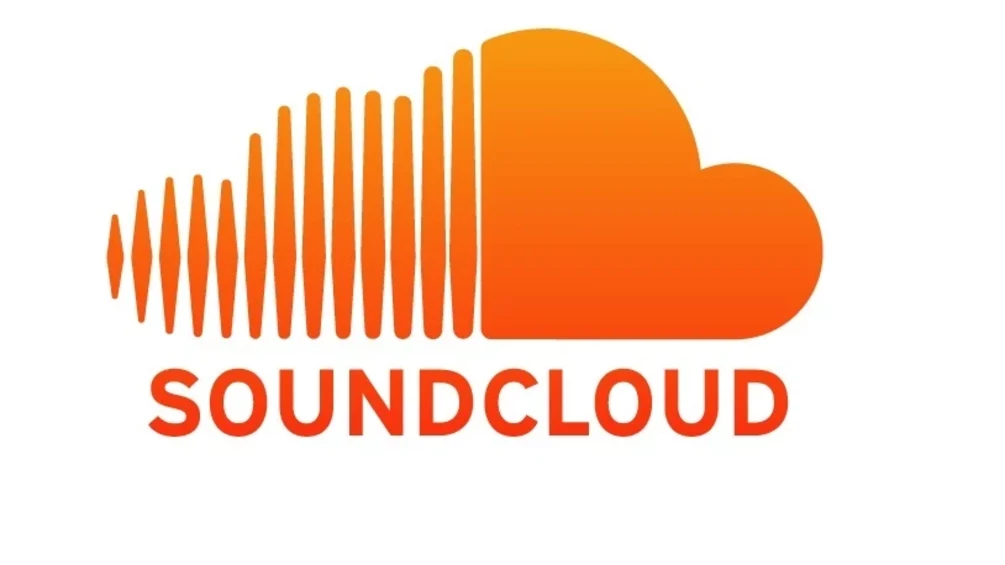
SoundCloud launches new AI-powered tools to ‘democratise music creation’
Streaming platform SoundCloud has launched six new AI-powered tools that aim to allow artists and fans to remix, edit and produce music without using traditional software or equipment.
Altogether there are six new assistive integrations, including ‘Tuney’, a tool that remixes, edits and produces new tracks; ‘ACE Studio’, which generates vocals and lyrics; and ‘TwoShot’, which creates custom samples.
Songs that are directly uploaded to SoundCloud using the AI tools will be marked with a tag that highlights which tool was used.
SoundCloud has claimed that the move will ‘democratise music creation’. Eliah Seton, CEO of SoundCloud told MusicWeek: “SoundCloud is paving the way for a future where AI unlocks creative potential and makes music creation accessible to millions, while upholding responsible and ethical practices. We’re proud to be the platform that supports creators at entry level, fuels experimentation and empowers fandom.”
The company has signed up to the AI For Music initiative, which was introduced by Roland Corporation and Universal Music Group (UMG) earlier this year. Its stated goal is to “establish a guideline for the responsible use of Artificial Intelligence in music”.
It’s not the first AI tool that SoundCloud users are able to tap into, following the Fadr, Soundful and Voice-Swap integrations that were introduced in January. In 2020, SoundCloud announced that it was introducing AI mastering powered by Dolby.
Earlier this month, it was reported that YouTube is trialling a new feature that will allow creators to use AI to ‘remix’ licensed songs for their Shorts posted on the platform.
It was confirmed earlier this year, however, that YouTube was in talks with the ‘big three’ major labels Warner, Universal and Sony over an AI music licensing deal.
In May, a UK-based parliamentary group told the government that AI use in music should be regulated.
A report published in August of this year also found that generative AI could put a substantial amount of musicians’ revenue “at risk” by 2028.





